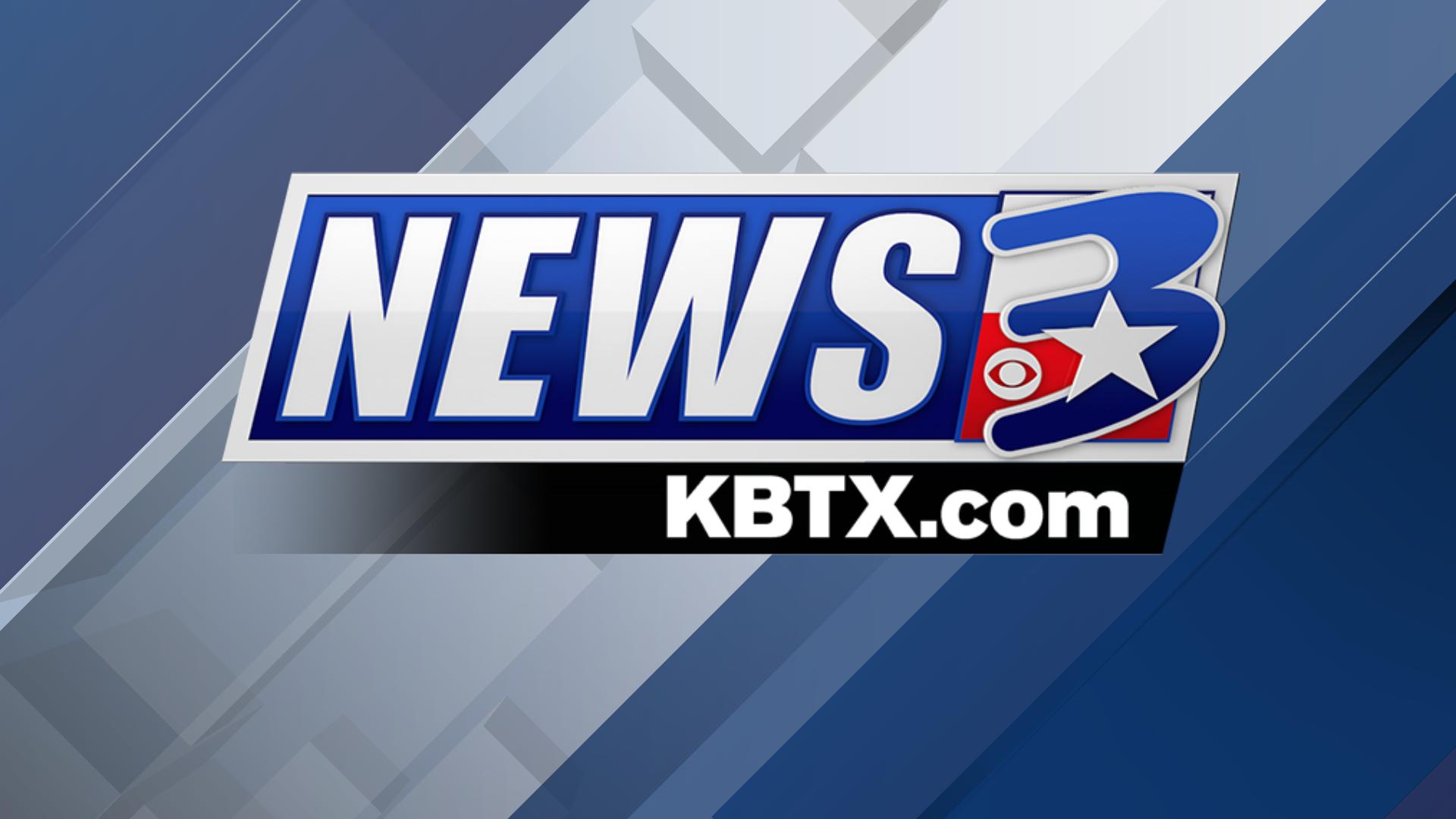By
COLLEGE STATION, Texas (KBTX) -Texas A&M is working to correct what it calls misinformation about the university and its campus in Qatar.
Last week, reports from several outlets, including the Jerusalem Post, referenced a letter from the Institute for the Study of Global Antisemitism and Policy (ISGAP) to U.S. officials about “alarming research findings exposing Qatar’s unreported and unregulated funding to Texas A&M University,” among other places of higher education with locations in the Middle East.
The ISGAP is expressing concern over what they call undisclosed foreign contributions to U.S. universities, including Texas A&M. The report highlights allegations that Qatar has gained control over more than 500 research projects at Texas A&M, with potential risks to national security. ISGAP has communicated its findings to high-ranking U.S. officials through a letter before the New Year holidays. This letter, supported by a detailed report, exposes Qatar’s significant influence over nuclear research and sensitive weapon development rights at the university, emphasizing a potential serious threat to U.S. national security.
“These findings pose a potential national security risk to the United States. Qatar’s control over sensitive research and its access to nuclear information is alarming, with possible consequences reaching beyond the region and impacting the world,” said Dr. Charles Asher Small, Director of ISGAP. “This situation poses a clear and present national security risk to the United States, prompting our proactive approach in sharing this critical information with several agencies.”
Texas A&M says the claims are not true and released a statement to the Aggie family Sunday to correct what they say is “misinformation about our university.”
University officials were not available for an interview but told News 3′s Donnie Tuggle that not only is there not any nuclear research being done at the Qatar campus, but there’s no sensitive or classified research being done there by any of the Texas A&M students.
According to a university official familiar with the allegations, Texas A&M has received 411 distinct research awards from the Qatar National Research Fund since 2008. This fund, affiliated with the Qatar Foundation, aims to support original and competitively selected research across various disciplines such as engineering, technology, physical and life sciences, medicine, humanities, social sciences, and the arts. The total amount received by Texas A&M is $269.1 million. Out of these awards, 308 are designated for projects at the Qatar campus, amounting to $167.9 million. The average award size is $655,000, with project funding ranging from $4,500 to $4.6 million. The official emphasizes that none of these projects are classified as sensitive or classified research, and there is no such research on the entire TAMUQ campus, irrespective of the discipline.
Regarding national security fears, university officials spotlight the significance of their highest accolade received last year from the U.S. Defense Department. They say that this recognition is exclusively granted to entities authorized by the federal government to prevent, identify, and counteract the theft of classified information.
President Mark Welsh, in a statement, further emphasizes that the university adheres to all U.S. laws and agency regulations governing international engagements.
“As part of The Texas A&M University System, Texas A&M complies with all U.S. laws and agency regulations that govern how we manage and report international engagements. All research and its funding at the Qatar campus is reviewed and managed through the same A&M research compliance offices as the main campus. All A&M campuses, including Qatar, follow the same policies related to research and funding, which means each abides by state and federal research and export control regulations,” said Welsh.
“Furthermore, the U.S. federal government has repeatedly recognized The Texas A&M University System for being a national leader in counterintelligence and protecting sensitive information and technology from foreign actors through its robust counterintelligence operations and research security controls. We consistently uphold this high level of security by actively overseeing all our systems, processes, and facilities,” Welsh added.
Despite a denial from Texas A&M President Mark Welsh, researchers say they still have concerns and want lawmakers to get involved.
“We acknowledge Texas A&M President Welsh’s prompt response to ISGAP’s report containing worrying findings about Qatari Regime funding and ownership of sensitive Texas A&M research. However, contrary to President Welsh’s statements dismissing some of the claims of the research, our comprehensive report details the confidential business-academic agreement granting the Qatar Regime unprecedented control over academic research, standards, faculty, students, access to personal information of staff and students, curriculum, and budgets at the university. At the same time, it is important to note that President Welsh did not dispute Qatar’s ownership of over 500 research projects, including their Intellectual Property and student information – we believe this is a critical point that requires further examination. We therefore call for an urgent meeting with President Welsh to present the full findings and foster transparency in addressing the serious implications highlighted in our report,” said Small.

